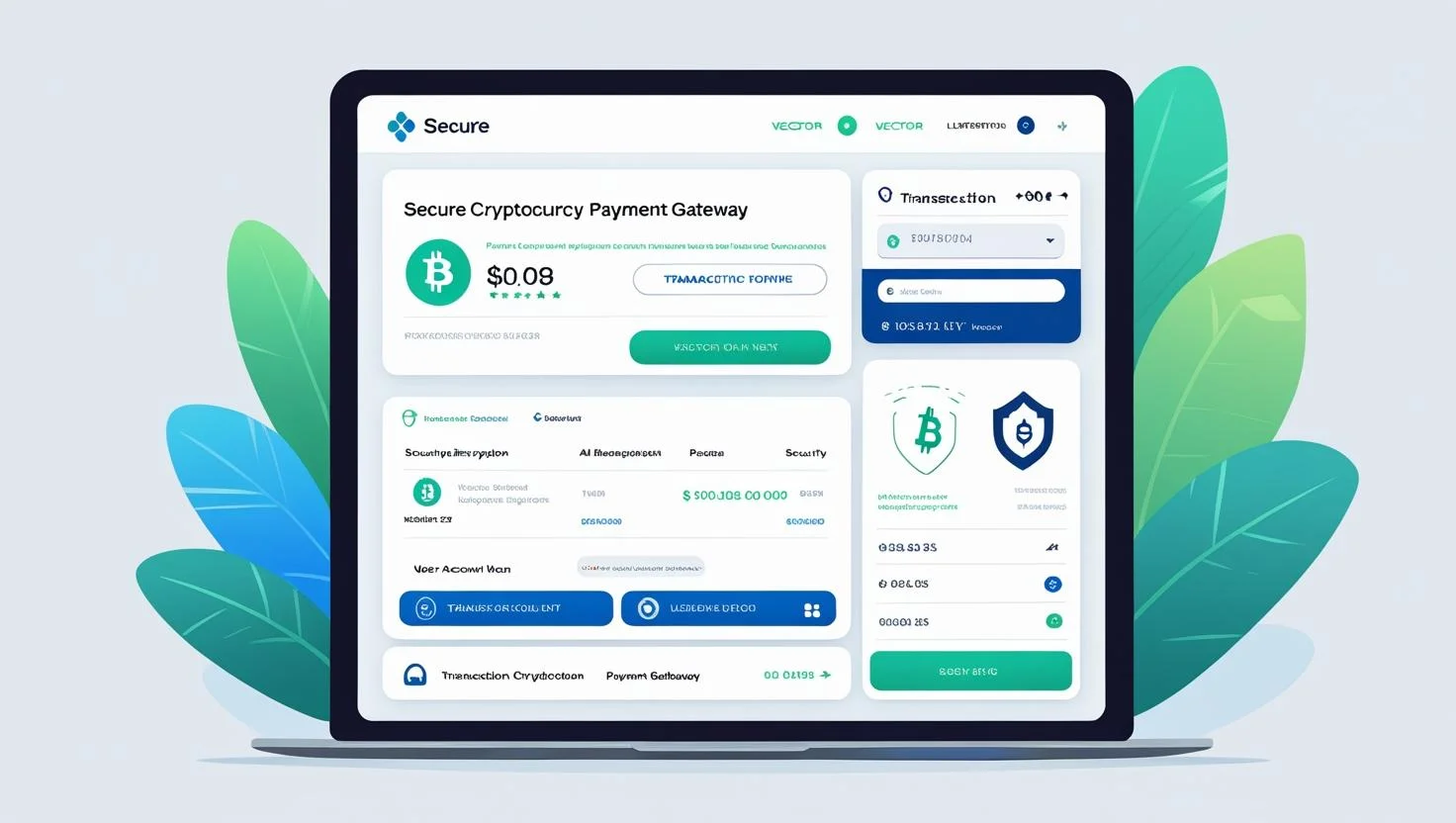What if your business could process payments faster, cheaper, and from anywhere in the world? In 2025, crypto payments are reshaping commerce, offering a modern alternative to traditional banking systems. But how do crypto payments work, and how can your business benefit? This guide demystifies the process, from how cryptocurrency transactions work to the role of crypto payment gateways. With Cryplio, a top cryptocurrency payment processor, you can easily adopt Best Cryptocurrencies for Business Payments like Ethereum. Ready to unlock a new era of payments? Let’s dive in!
What Are Crypto Payments?
Crypto payments involve using digital currencies, such as Bitcoin (BTC), Ethereum (ETH), or stablecoins like Tether (USDT), to pay for goods or services. Unlike traditional payments that rely on banks or credit card companies, crypto payments are processed on decentralized blockchain networks. These networks use cryptographic security to ensure transactions are transparent, immutable, and secure.
Key Features:
- Decentralized: No central authority controls the transactions, reducing reliance on intermediaries.
- Blockchain-Based: Transactions are recorded on a public ledger, ensuring transparency.
- Digital Wallets: Customers use wallets to store and send cryptocurrencies.
- Global Accessibility: Payments can be made from anywhere without currency conversion.
Cryplio simplifies this process, enabling businesses to accept Ethereum payments and other cryptocurrencies with ease.
How Do Crypto Payments Work?
The process of how crypto payments work is straightforward and efficient:
- Customer Selection: At checkout, the customer chooses to pay with a cryptocurrency like Ethereum.
- Address Generation: A crypto payment gateway generates a unique blockchain address or QR code for the transaction.
- Crypto Transfer: The customer sends the required amount from their digital wallet to the address.
- Blockchain Verification: The transaction is broadcast to the blockchain network, where nodes verify its legitimacy, typically within minutes.
- Fund Allocation: The merchant receives the funds, which can be held as cryptocurrency or converted to fiat currency (e.g., USD, EUR).
For example, a customer buying a product from your online store selects Ethereum. Cryplio provides a unique address, the customer sends ETH, and the transaction is confirmed on the Ethereum blockchain, crediting your account.

How Does a Crypto Payment Gateway Work?
How Crypto Payment Gateways Work is central to understanding crypto payments. A crypto payment gateway acts as an intermediary, handling the technical aspects of cryptocurrency transactions. It simplifies the process for merchants by:
- Generating Addresses: Creating unique blockchain addresses for each transaction.
- Verifying Transactions: Monitoring the blockchain to confirm payments.
- Converting Funds: Offering optional fiat conversion to mitigate volatility risks.
- Integrating with Platforms: Connecting seamlessly with e-commerce systems like WordPress or Shopify.
Cryplio excels as a cryptocurrency payment processor, supporting over 70 cryptocurrencies, including Ethereum, and offering plugins for easy integration. Its analytics dashboard provides real-time insights into transaction performance.

Benefits of Crypto Payments
Adopting crypto payments offers significant advantages, supported by industry data:
- Lower Fees: Crypto transactions often have fees below 1%, compared to 2-3% for credit cards, saving businesses up to 50% (CoinDesk).
- Faster Settlements: Blockchain transactions settle in minutes, unlike bank transfers that can take days.
- Global Reach: Cryptocurrencies eliminate currency conversion and cross-border banking issues, enabling payments from anywhere.
- Enhanced Security: Blockchain’s encryption and decentralization reduce fraud risks, with transactions recorded immutably.
- No Chargebacks: Crypto transactions are irreversible, protecting merchants from disputes.
- Customer Appeal: A 2025 Security.org report indicates 28% of U.S. adults own cryptocurrencies, with many preferring crypto payments (Security.org).
Cryplio enhances these benefits with features like automatic fiat conversion and a free plan for startups.
Challenges and Considerations
While promising, crypto payments come with challenges:
- Price Volatility: Cryptocurrencies like Ethereum can fluctuate significantly. Stablecoins or fiat conversion, offered by Cryplio, mitigate this risk.
- Regulatory Uncertainty: Regulations vary globally, with some regions requiring KYC/AML compliance. Businesses should consult legal experts.
- Technical Complexity: Integration may seem daunting, but Cryplio simplifies it with user-friendly plugins.
- Limited Adoption: Only 2.6% of U.S. consumers are projected to use crypto for payments by 2025 (eMarketer), though adoption is growing.
- Network Congestion: High traffic on networks like Ethereum can increase fees or delay confirmations, though Layer-2 solutions are improving efficiency.
Choosing the Right Crypto Payment Gateway
Selecting a crypto payment gateway requires careful consideration:
- Crypto Support: Ensure it supports your preferred cryptocurrencies, like Ethereum or Bitcoin.
- Fees: Look for competitive rates. Cryplio offers a free plan, ideal for startups.
- Integration: Check compatibility with your e-commerce platform (e.g., WordPress, Shopify).
- Security: Prioritize gateways with encryption, multi-signature wallets, and regular audits.
- Support: 24/7 customer support is essential for resolving issues.
Cryplio stands out with its comprehensive features, making it a top choice for businesses looking to create a crypto payment gateway.


